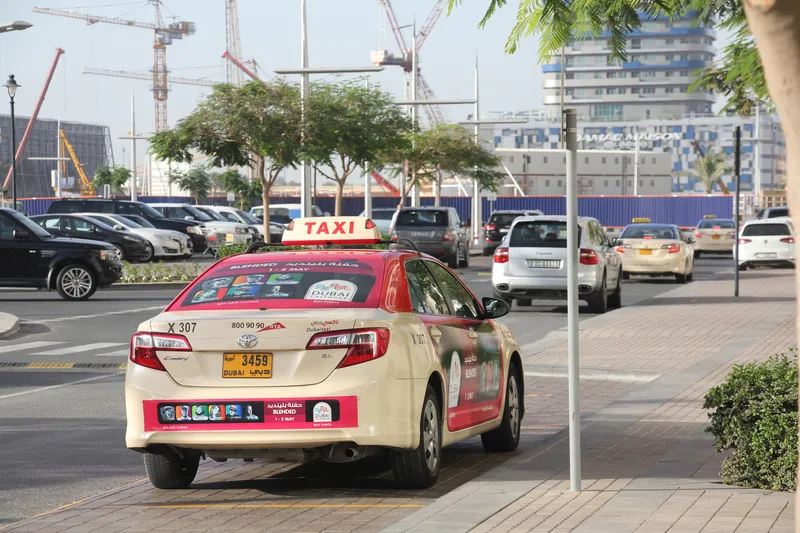In a new ABI Research connected car consumer survey, 1,500 respondents in the US, UK, France, Germany, Japan, and China were asked about their use (and non-use) of several services available to the ‘connected car.’ Among those who do not currently use any infotainment services, connected navigation was named as the most desired infotainment service by between 59 per cent and 72 per cent (extremely/very interested) in all countries except China, where the greatest interest was in concierge services.
April 19, 2012
Read time: 2 mins
RSSIn a new 5725 ABI Research connected car consumer survey, 1,500 respondents in the US, UK, France, Germany, Japan, and China were asked about their use (and non-use) of several services available to the ‘connected car.’ Among those who do not currently use any infotainment services, connected navigation was named as the most desired infotainment service by between 59 per cent and 72 per cent (extremely/very interested) in all countries except China, where the greatest interest was in concierge services.
Internet Radio only showed average levels of interest among non-users, even in the US where most major OEMs and aftermarket vendors are heavily focusing on multimedia streaming. Surprisingly email, social media, and networking integration scored very low. However those using Internet radio already used it often.
Telematics and navigation group director Dominique Bonte comments: ”The clear preference for connected navigation can be explained by the familiarity of users with this service. Clearly car OEMs need to build their infotainment platforms around navigation, especially as overall awareness levels about other connected car services remain low. On the other hand, the high frequency of use of Internet radio among users suggests that car owners embrace new services once they have become familiar."
ABI Research’s multi-country “Connected Car: Market Shares, Awareness, Service Preferences, Usage Patterns, and Willingness to Pay” survey was completed in 2Q 2011. Questions covered awareness and interest levels in connected car service categories and individual applications, usage patterns, satisfaction, willingness to pay, form factors, user interfaces, and safety issues.
Internet Radio only showed average levels of interest among non-users, even in the US where most major OEMs and aftermarket vendors are heavily focusing on multimedia streaming. Surprisingly email, social media, and networking integration scored very low. However those using Internet radio already used it often.
Telematics and navigation group director Dominique Bonte comments: ”The clear preference for connected navigation can be explained by the familiarity of users with this service. Clearly car OEMs need to build their infotainment platforms around navigation, especially as overall awareness levels about other connected car services remain low. On the other hand, the high frequency of use of Internet radio among users suggests that car owners embrace new services once they have become familiar."
ABI Research’s multi-country “Connected Car: Market Shares, Awareness, Service Preferences, Usage Patterns, and Willingness to Pay” survey was completed in 2Q 2011. Questions covered awareness and interest levels in connected car service categories and individual applications, usage patterns, satisfaction, willingness to pay, form factors, user interfaces, and safety issues.










